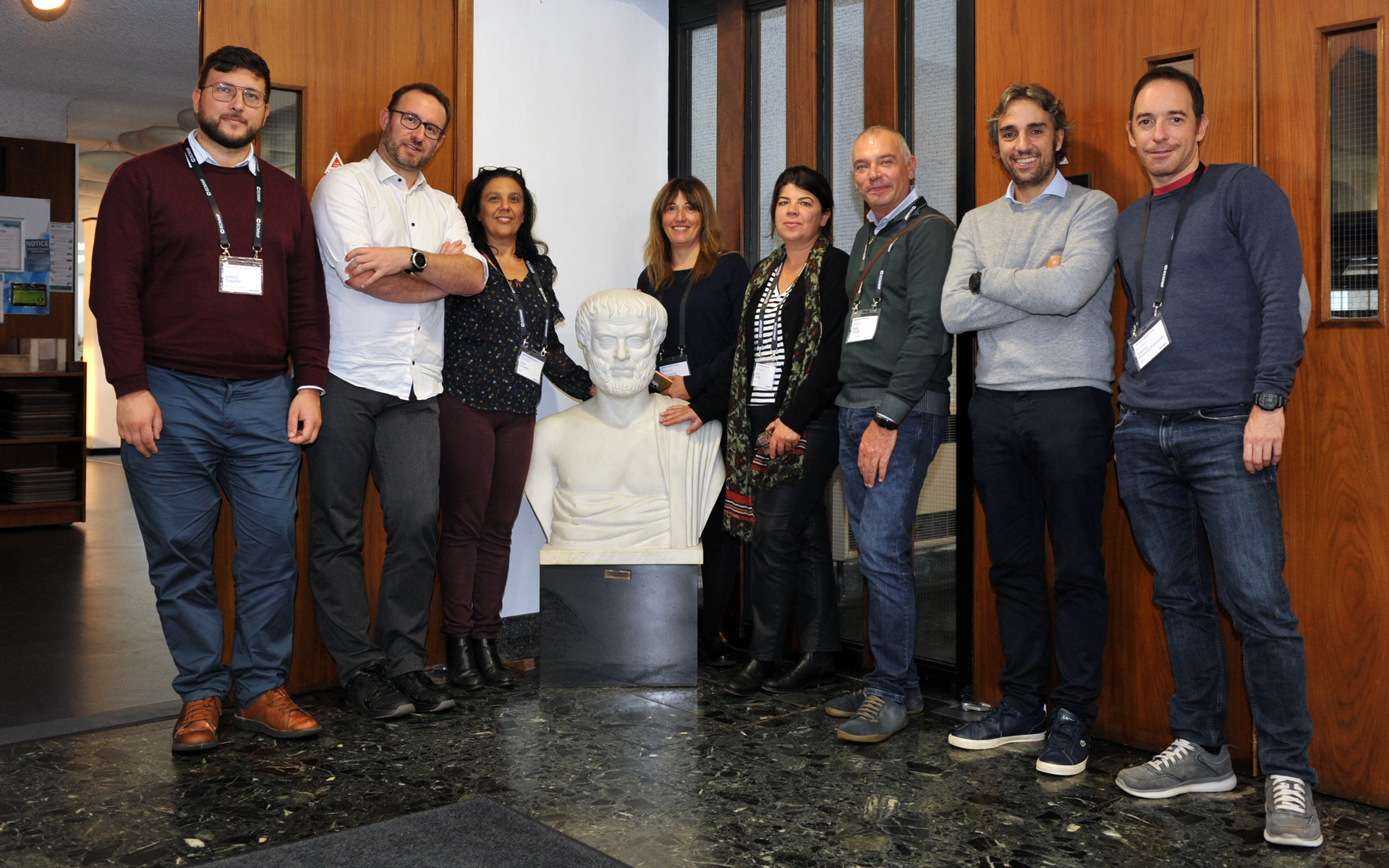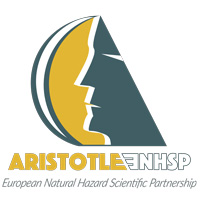
Disasters caused by natural hazards, many of which are exacerbated by climate change, are increasing in frequency and intensity and have been affecting many countries over recent years. The exposure of persons and assets in all countries has increased faster than vulnerability has decreased, thus generating new risks and a steady rise in disaster-related losses, with significant impacts in the short, medium and long term. The EU’s Civil Protection Mechanism (UCPM) plays a key role in coordinating the response to disasters in Europe and beyond. The operational hub of the UCPM is the Emergency Response Coordination Centre (ERCC), which is responsible for the coordination of response to emergencies associated with natural disasters.
All Risk Integrated System TOwards Trans-boundary hoListic Early-warning — European Natural Hazards Scientific Partnership (ARISTOTLE-ENHSP) is a project financed by the European Civil Protection and Humanitarian Aid Operation (EC DG-ECHO) that delivers multi-hazard advice to the ERCC. The European Natural Hazards Scientific Partnership (ENHSP) is led by the Italian National Institute of Geophysics and Volcanology (INGV) and the German Central Institution for Meteorology and Geodynamics (ZAMG) and currently involves sixteen partners across Europe, bringing together scientific and operational experts on several natural hazards. The meeting focused on the wildfire hazard component of the service, for which ECMWF provides meteorological data and a visualisation platform. It came after few years of successful operation to revise the tools and methodologies employed in the daily operation, define new fire weather indices and move the service forward to the new challenges ahead.
